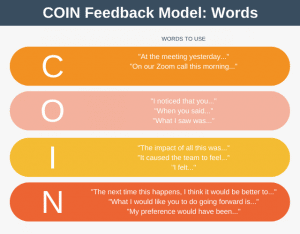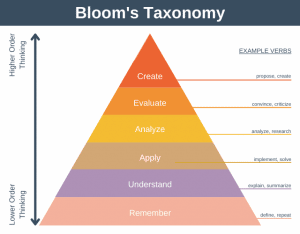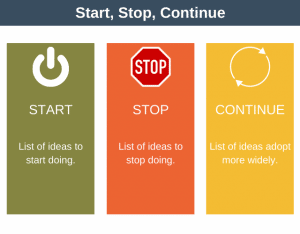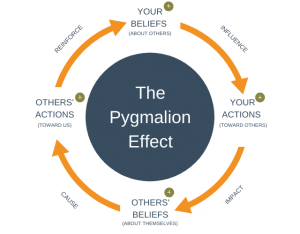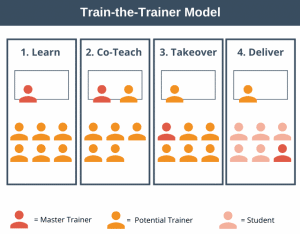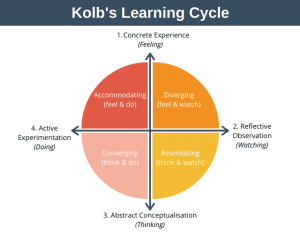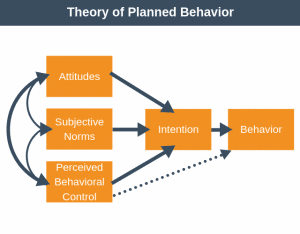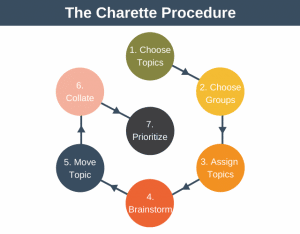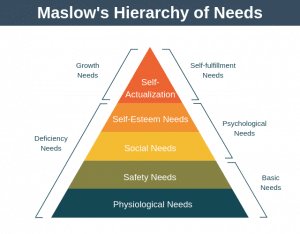The Self-Efficacy Theory of Motivation is a way to explain motivation.
Why do some team members work hard while others do the minimum they think they can get away with? Studies have shown that self-efficacy is a strong predictor of high-performance.
What is Self-Efficacy?
Self-Efficacy is the belief that you are capable of achieving a specific goal or performing a particular task.
Self-efficacy is task-specific. For example, if your boss asked you to manage a simple project, then you might feel confident in your ability to complete this task.
But if your boss asked you to pilot a Boeing 787 Dreamliner, then you probably wouldn’t feel confident at all.
Self-efficacy isn’t general. It’s not about being good at your job in a broad sense or believing you’re a good manager or believing you’re intelligent. These are more general beliefs.
Self-Efficacy Theory of Motivation
The higher your self-efficacy, the more you will believe you are capable of achieving a task or goal. Conversely, the lower your-self-efficacy, the less you will believe you are capable of performing a task.
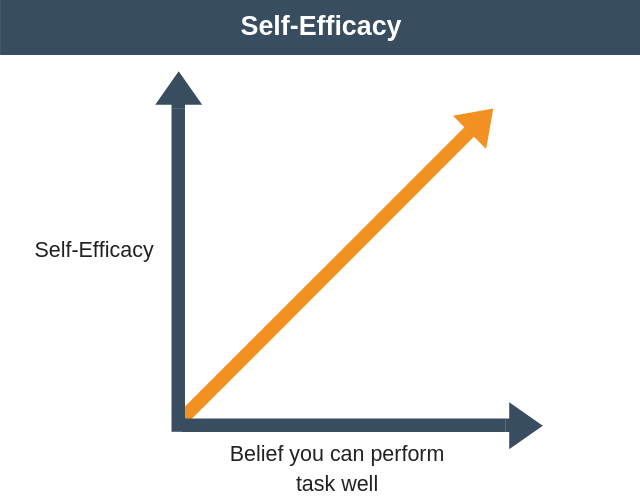
Why is this important to motivation? Well, because people are less likely to give a task their full effort if their self-efficacy is low for that task. Another way to look at this is why would you give it your maximum effort if you don’t believe you can succeed at it?
Background
Albert Bandura developed the Self-Efficacy Theory of Motivation. Bandura, born 1925, is a Canadian psychologist who described self-efficacy in detail in his 1997 book, Self-Efficacy: The Exercise of Control.
How We Determine Our Self-Efficacy
We use four factors to determine our self-efficacy and, in turn, our performance for a task.
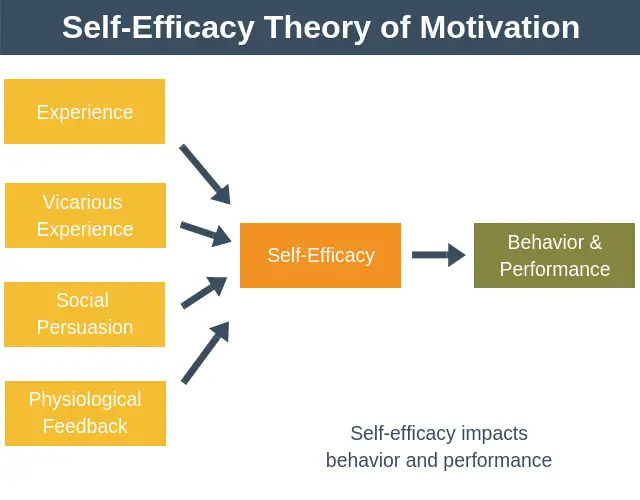
1. Experience
Experience refers to your past experience of completing similar tasks. This is the most important factor in self-efficacy.
If you performed a similar task well in the past, then you are more likely to be confident that you can complete similar tasks well in the future.
2. Vicarious Experience
You can develop self-efficacy vicariously by watching other people perform a task.
If you watch someone similar to you perform a task and succeed at that task, then your self-efficacy will increase. Conversely, if you watch someone similar to you perform a task and fail, this can negatively affect your self-efficacy.
3. Social Persuasion
You can increase your self-efficacy if others give you encouragement that you can perform a task. Likewise, your self-efficacy will decrease if you receive discouraging or disparaging remarks about your ability to perform a task.
4. Physiological Feedback
When confronted with a task, you experience a sensation from your body. How you interpret these signals will impact your self-efficacy.
For example, if you are due to perform a presentation to a large crowd of people, you might experience butterflies in your stomach.
How do you interpret this feeling? If you interpret this feeling as being excited to get on stage, this will increase your self-efficacy. If you experience these butterflies as stage-fright or anxiety, this will decrease your self-efficacy for this and similar tasks.
In general, the more at ease you are with a particular type of task, the higher your self-efficacy will be.
Using the Self-Efficacy Theory of Motivation
To make use of the Self-Efficacy Theory of Motivation, we need ways to build our self-efficacy. There are four ways in which you can build self-efficacy.
If you’re a manager, you can also use these approaches to help build a team member’s self-efficacy, which will boost not only their competence but also their motivation.
1. Master Tasks
To begin increasing your self-efficacy for a particular task, start by setting realistic but challenging goals based on where you are right now. When you succeed with that goal, build on it by setting a slightly more challenging goal.
Over time these accomplishments will grow to build you a high self-efficacy for this type of task.
Here is an example from the workplace. Suppose you are terrified of public speaking. You could begin building your self-efficacy by merely attending a public speaking meeting in a safe environment outside the workplace, such as Toastmasters.
Over time you might start to speak at these events, and your self-efficacy will grow further. Once your self-efficacy is high enough, you’ll eventually feel confident enough (your self-efficacy will be high) that you can transfer your newfound speaking prowess back into the more pressurized environment of the workplace.
If you experience a setback at any point, reset your goal based on where you are now and repeat the process. Resetting your goals and then continuing to progress after experiencing a setback will help you build resilience.
2. Model Behavior
Find role models to observe who have high self-efficacy in the area or skill where you are looking to build self-efficacy.
These role models can be a powerful motivating force especially if they have also built their self-efficacy from a similar position as yours is now.
If you can’t find or don’t want to find role models from the workplace, then the Internet is a great place to seek out role models.
3. Social Persuasion
While modeling behavior is about observing others who have achieved high self-efficacy in a particular area and using this as motivation, social persuasion is about finding mentors and coaches.
These are people who will work directly with you to build your self-efficacy step by step. As they have themselves “been there and done that,” they can help lead you to high self-efficacy more quickly than you could achieve under your own initiative.
4. Improve Your Emotional State
We all interpret our past experiences and the physical sensations coming from our bodies. Sometimes we can misinterpret this information.
Suppose we get nervous before giving a presentation. This feeling is perfectly natural. But suppose we believe that we’re bad at performing presentations. The feeling is so strong it affects our performance in our presentation. This is obviously bad.
Because of our poor performance in our last presentation, we further believe in our minds that we’re no good at presentations. Thus we get even more nervous the next time we have to do one.
But it’s not that we are actually bad at presentations, just that we have interpreted the signals wrong. If we could learn over time to interpret these signals positively, we could improve our self-efficacy around doing presentations significantly.
One way to do this is by changing the limiting the beliefs we have.
Disadvantages
Most people can benefit from increasing their self-efficacy around tasks necessary to their jobs at which they are not confident or competent. However, sometimes having a high self-efficacy has disadvantages.
In fact, very high levels of self-efficacy can result in:
- Overconfidence in your ability.
- Reduced performance. You believe in your abilities so much you don’t put in the necessary effort level.
Conclusion
The Self-Efficacy Theory of Motivation is a way to explain motivation. Studies have shown that self-efficacy is a strong predictor of high-performance. By increasing our self-efficacy, or that of our teams, we can raise our confidence and performance.
